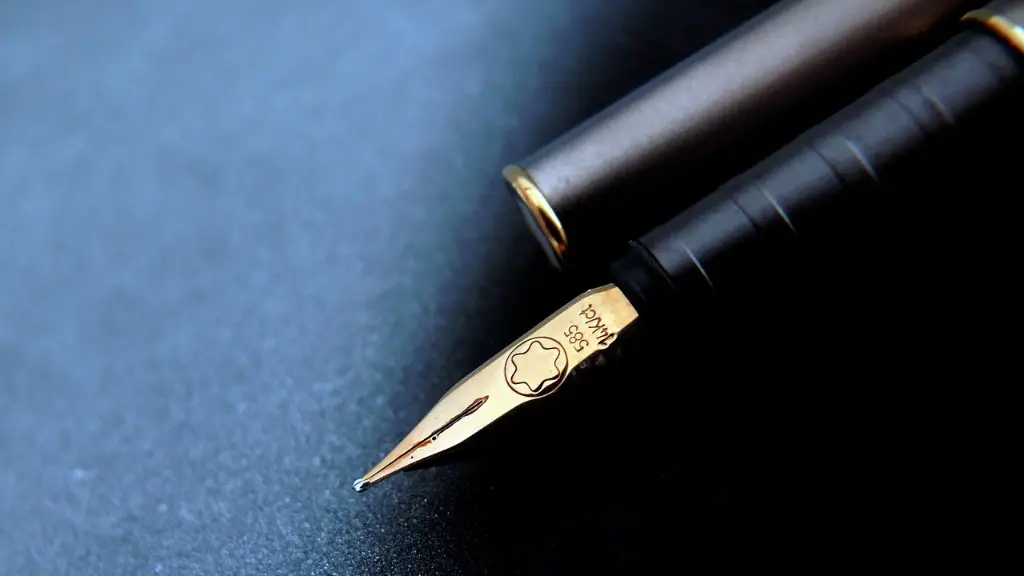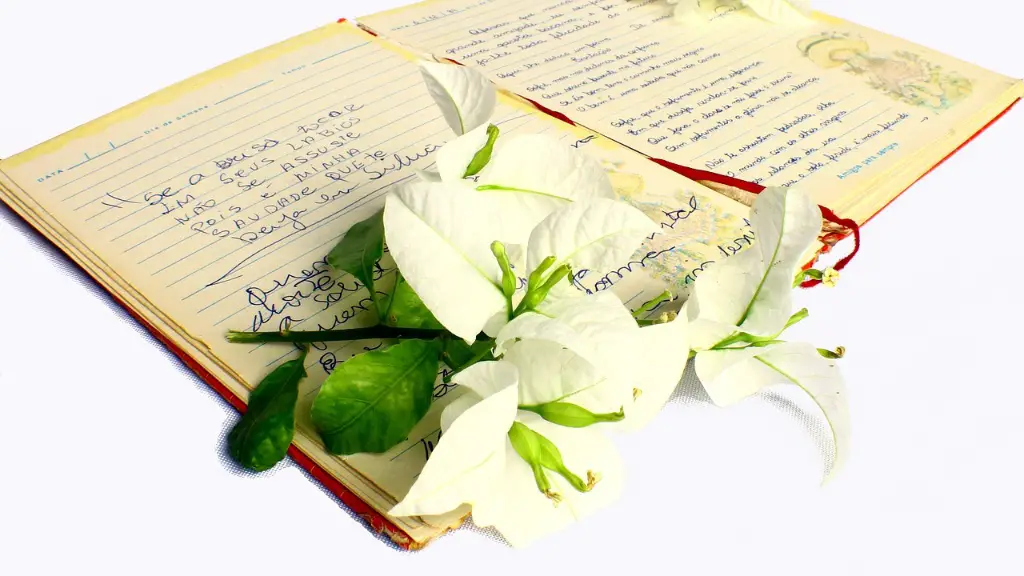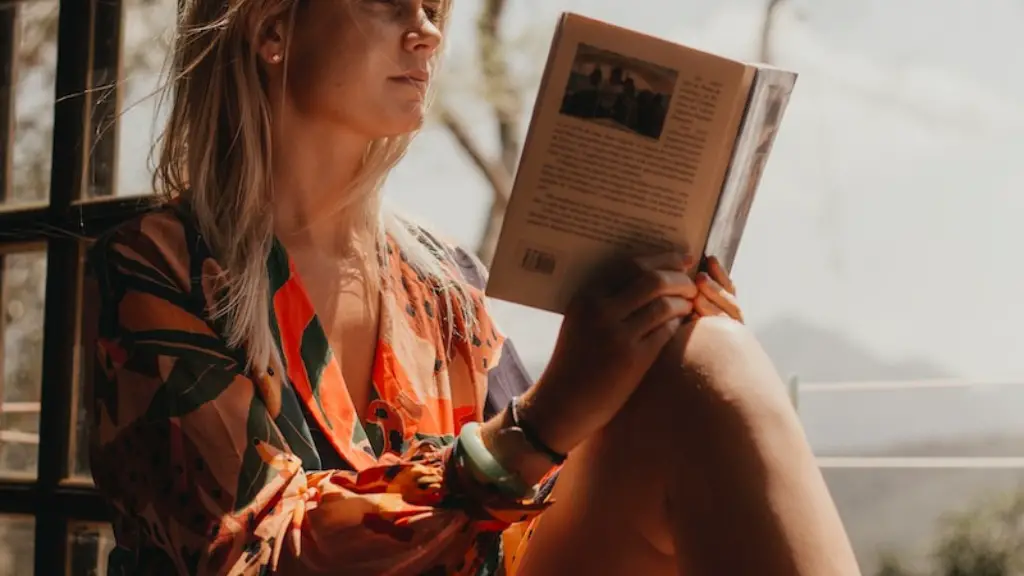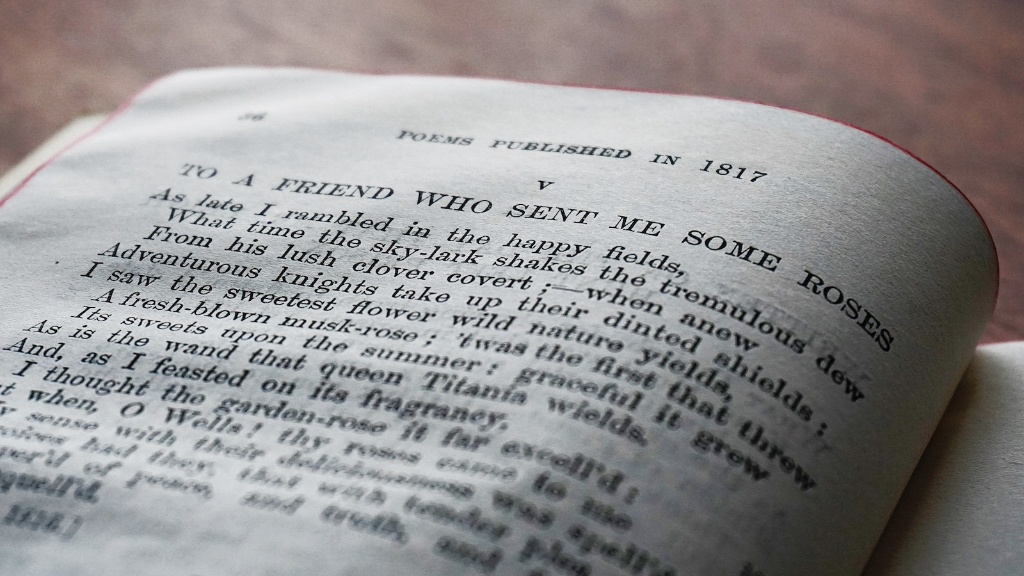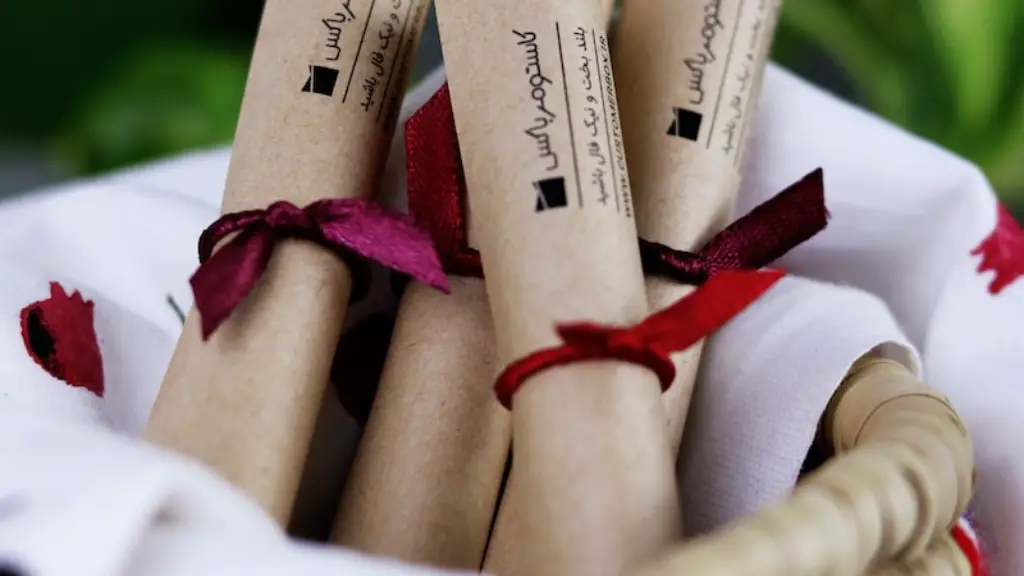Introducing the Topic
Poetry has been a part of our lives for centuries, from ancient Greek and Latin writings to modern day offerings from some of the world’s most renowned authors. But what is the “right” way to write poetry? Is there a “wrong” way? This article will discuss whether there is a “wrong” way to write poetry, exploring the various aspects, the history, and the different perspectives of those who write and read it.
Exploring the Different Types of Poetry
When considering the “right” and “wrong” of poetry, it is important to recognize the different types of poetry. The main types are lyric, narrative, and free verse. Lyric poems focus on expressing emotions and personal feelings. Narrative poems tell stories, usually based on a central idea. Free verse poems are often seen as the most “open-ended” type of poem, as the writer can explore any direction they desire.
The History of Poetry
It is important to also consider the history of poetry when discussing the “right” and “wrong” of it. Poetry dates back thousands of years, with many famous poets from both the classical and modern eras offering unique perspectives and approaches. The BBC even offers a “History of Poetry” section on their website, highlighting prominent writers from various times.
The Expert’s Perspective
Some experts maintain that there is no “wrong” or “right” way to write poetry, and that the individual should explore their own approach and find their authentic writing style. These experts say that as long as the poem conveys emotion and/or a story and is written in a captivating and engaging way, then it cannot be deemed as “wrong.”
However, there are also experts that argue that there are certain rules and conventions that should be followed in order to ensure the poem is of high-quality. They believe that poems should be crafted in an accessible and understandable way that conforms to established practices, such as rhyme, meter and other poetic elements.
Using Emotional Triggers
It is also important to consider the emotional triggers used in poetry, as these can be a key factor in determining the “right” and “wrong” of writing poetry. Depending on the emotion the author wishes to convey, words, phrases, and figures of speech can be used to trigger an emotional reaction in the reader.
For instance, an author may choose to use an image of a sunset to bring a feeling of nostalgia and longing to the poem. This type of imagery may be seen as a “correct” use of an emotional trigger, while the use of outdated slang or inappropriate words might be deemed as not “fitting” or “wrong.”
Intended Audience Considerations
As with any creative output, the intended audience of the poem is another important factor to consider when exploring the “right” and “wrong” of writing poetry. If the poem is intended for children, for example, the language and style should be tailored to their comprehension level, with simple language and fun imagery. If the poem is intended for adults, structure and language should be adjusted accordingly.
In some cases, an author may wish to grab the attention of a broad audience, while in others they may wish to be specific and target one audience in particular. In either case, the language and style should be chosen accordingly.
The Grammatical Structures
The grammatical structure of a poem can also contribute to its “rightness” or “wrongness.” For instance, it is usually not seen as “right” to write in the passive voice in poetry, as this can lead to a lack of clarity. Therefore, the active voice should be used, where possible.
In addition, advanced and creative sentence constructions are often seen as “better” in poetry, as they can add depth, imagery and emotion to the poem. Sentences can be manipulated to give extra depth, either through the use of metaphors and similes, or by avoiding the use of certain words in a certain way.
Own Insights & Analysis
In my opinion, there is no “wrong” way to write poetry and it’s important for each individual to explore their own approach and find their own authentic style. A poem should evoke emotion and/or tell a story, regardless of the grammar or structure used. However, it is also important to remember that the intended audience, the subject matter, the language and the structure should be taken into account when writing a poem.
Should Poems Be Of a High Quality?
The quality of a poem is open to interpretation, as many people will have their own opinion on what constitutes “high quality” poetry. However, some key indicators of high-quality poetry include precise language, careful word choice, and the use of language that is interesting and unique. In addition, the poem should have a clear structure, with each stanza and line leading the reader to the next.
What Are the Different Poetic Devices?
When it comes to crafting high-quality poetry, many authors use poetic devices to add depth and emotion to their poems. Examples of poetic devices include alliteration, assonance, onomatopoeia, and figures of speech such as metaphors and similes. Through the careful use of these devices, an author can convey meaning and emotion in a captivating and unique way.
Should Poets Have an Educational Background?
When it comes to having an educational background in poetry, this is not necessary, though it can certainly help hone one’s craft and develop techniques. There are many poets who have not had any formal education but are still very successful. However, some argue that knowledge of poetic elements, such as meter and rhyme, should be acquired before attempting to write poetry.
The Different Styles of Writing Poetry
There is no one-size-fits-all approach when writing poetry. Instead, writers should explore their own style and voice, as well as experimenting with different sounds, rhythms, and forms. For example, Haiku poems involve 17 syllables and focus on the beauty of the natural world, while sonnet poems involve 14 lines and explore a central idea.
The Role of Intent in Writing Poetry
The “right” and “wrong” of writing can also be determined by the intent of the poem. For instance, if the author’s intent is to move and inspire the reader, then it would not be “wrong” if their poem was not written in a traditionally correct manner, as the emotion of the poem is what is important.
However, if the author’s intent is to demonstrate their understanding of the rules and conventions of poetry, then they should ensure the poem is written in a technically correct way that adheres to these guidelines.
What Is the Importance of Editing in Poetry?
The importance of editing when writing poetry cannot be underestimated, as it helps to refine, polish, and perfect the poem. Editing allows the author to identify unclear, repetitive or uneven parts, and improve the poem by rewriting and restructuring it. This helps to ensure the poem follows the desired structure, contains appropriate language, and conveys the intended message.
The Impact of Technology on Poetry
In today’s digital age, technology is having an ever-increasing impact on poetry. With the advent of electronic books and computers, it has become easier than ever for authors to write and distribute their work. In addition, more and more publications are switching to digital formats, which has made the writing process more efficient, accessible, and affordable.
However, some experts worry that the rise of technology has led to a decrease in the quality of writing, leading to a decline in readership. As such, it is important for poets to consider the impact of technology and strive to produce work that is of a high standard, and that is enjoyable to read.
What Does the Future Hold for Poets?
As technology continues to become more advanced, and the prevalence of digital platforms increases, the opportunities for poets to showcase their work to a larger audience have become greater. For example, poets are now able to use platforms such as YouTube, Vimeo and SoundCloud to gain exposure and connect to new readers.
In addition, the traditional publishing process is becoming increasingly open to self-published works and independent poets. This has led to an increase in literary festivals, poetry slams, open mics, and other events which allow poets to reach wider audiences and gain more recognition.
Ultimately, the future of poetry looks bright, with more ways for poets to showcase their work, more opportunities to gain recognition, and more open-mindedness towards new and aspiring poets.
